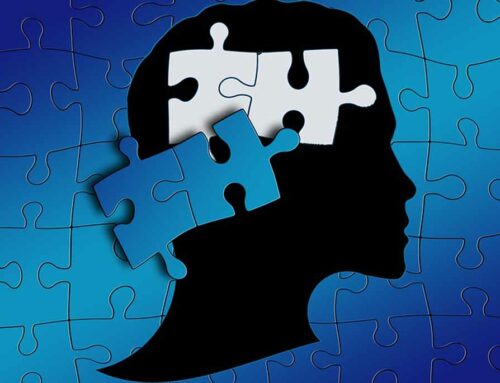Aphasia treatment is a type of therapy used to help people with communication difficulties. It can help people to improve their ability to speak, understand language, and write. Treatment may include speech and language therapy, occupational therapy, and physical therapy.
Aphasia treatment may be provided in a clinic or at home. Treatment can help improve communication skills, increase independence and quality of life, and provide support for family members. People suffering from aphasia should understand that treatment is an ongoing process and that progress may take time.
With the right therapy plan, people with aphasia can make great strides towards achieving better communication skills. It is important to work closely with healthcare providers to ensure progress is made effectively and safely.
A speech pathologist will assess your needs and develop a custom treatment plan designed to meet those goals. The speech pathologist will also monitor progress throughout treatment and adjust the plan as needed to ensure success. Lastly, it is essential to have patience; recovery from aphasia may take time. With dedication and the right support, people with aphasia can make great strides in improving their communication skills.

What is Aphasia and Aphasia Types
Aphasia is a disorder that affects the ability to speak. It can be caused by damage to the brain, such as a stroke. There are different types of aphasia, depending on which area of the brain is affected. You can learn more about this treatment here and check the 3 common types below.
Broca’s aphasia
This type is caused by damage to the Broca’s area, which is in the frontal lobe of the brain. People with Broca’s aphasia have difficulty speaking properly. They may have trouble finding the right words, and their sentences may be short and choppy. They may also have difficulty understanding what other people are saying.
Wernicke’s aphasia
This type is caused by damage to the Wernicke’s area, which is in the temporal lobe of the brain. People with Wernicke’s aphasia often produce long sentences that don’t make sense and are filled with made-up words or phrases. They may also struggle to understand what other people say.
Global aphasia
Finally, there is global aphasia, which is caused by damage to both the Broca’s and Wernicke’s areas of the brain. People with global aphasia often have difficulty speaking, writing, and understanding what other people say. They may also have difficulty understanding gestures and facial expressions.
No matter what type of aphasia is present, speech therapy is often recommended to help improve the patient’s ability to communicate. Speech therapists can work with patients on speaking, understanding language, and using alternative forms of communication. With treatment, many people with aphasia are able to make improvements in their ability to communicate effectively.
Is Aphasia treatment Helpful?
The effectiveness of aphasia treatment depends on the individual and the severity of their condition. However, many people with aphasia find treatment beneficial in improving their communication skills.
Treatment strategies may include speech and language therapy, repetitive drills of the affected areas, computer-based programs, self-monitoring techniques, and other approaches.
Additionally, research suggests that a combination of treatments is often most effective for people with aphasia. Overall, individuals should discuss options with their doctor or therapist to determine which approach is best for them.
How long does Aphasia treatment take to heal
Aphasia treatment can take a long time to heal, depending on the severity of the condition. In some cases, it may take several months or even years for the person to make a full recovery. However, with patience and dedication to therapy, most people with aphasia can improve their communication skills significantly.
Speech therapists can help individuals with aphasia improve their ability to communicate in various ways. They may use strategies such as repetition, visual aids, and conversational practice to help the person remember words they have difficulty expressing or understanding. Speech therapists can also teach the individual how to adapt their communication style to different social situations.
In addition to speech therapy, other treatments are available for people living with aphasia. These can include medications, assistive technology, occupational therapy, and lifestyle changes. Medications may be prescribed by a doctor to help reduce symptoms of aphasia, while assistive technology such as voice-recognition software can help make communication easier. Occupational therapy focuses on helping the individual relearn daily tasks such as shopping or cooking, while lifestyle changes can help improve overall communication.
Final Words
Aphasia is a language disorder that can occur after a stroke. If you are experiencing difficulty speaking, understanding others, or reading and writing, you may have aphasia. Aphasia treatment can help improve your communication skills. Treatment may include speech and language therapy, cognitive-linguistic therapy, and computer-assisted therapies.
Your doctor may recommend aphasia treatment if you have difficulty understanding or expressing yourself with words. Treatment may help improve your ability to communicate more effectively. With the right treatment plan, many people living with aphasia can regain lost communication skills.
It is important to work with a medical professional who specializes in aphasia so that you get the most effective treatment for your individual needs. Aphasia treatment can be time consuming and require dedication from both you and your doctor. However, if done correctly, it can make an incredible difference in your life by helping you communicate better than before the diagnosis of aphasia.




